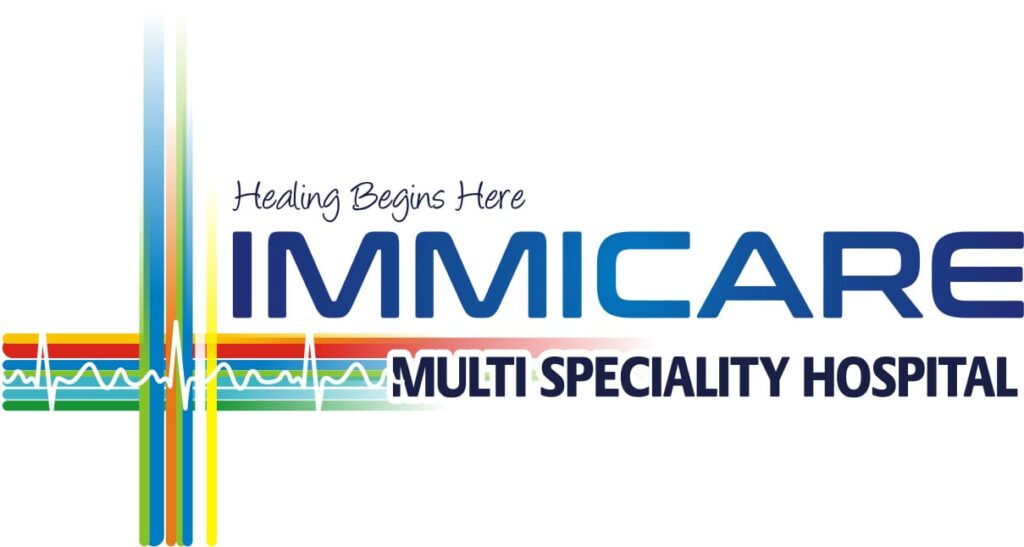Medicine and Hypervigilance

- Definition: Medicine refers to the science and practice of diagnosing, treating, and preventing disease, as well as promoting health and well-being.
- Branches of Medicine: Medicine is a broad field with numerous specialties, including but not limited to:
- Internal Medicine
- Pediatrics
- Surgery
- Psychiatry
- Obstetrics and Gynecology
- Radiology
Hypervigilance is a state of enhanced alertness and sensitivity to potential threats or dangers. It is commonly associated with certain anxiety disorders, particularly post-traumatic stress disorder (PTSD). Individuals experiencing hypervigilance tend to be extremely vigilant and easily startled, constantly scanning their environment for signs of potential danger.
Key characteristics of hypervigilance include:
Heightened Awareness: People with hypervigilance are excessively alert and attuned to their surroundings. They may notice even minor changes or perceived threats in their environment.
Increased Reactivity: Hypervigilant individuals often react strongly to perceived threats, even if those threats are not objectively significant. This heightened reactivity can manifest as a rapid heartbeat, sweating, muscle tension, or other physiological responses.
Difficulty Relaxing: It’s challenging for individuals with hypervigilance to relax or let their guard down. They may constantly feel on edge or tense, unable to fully unwind.
Impaired Concentration: Constantly scanning for potential threats can interfere with concentration and focus. Hypervigilant individuals may have difficulty concentrating on tasks or conversations because their attention is frequently diverted by perceived dangers.
Sleep Disturbances: Hypervigilance can disrupt sleep patterns, leading to difficulty falling asleep, frequent awakenings, or nightmares. Sleep disturbances can exacerbate other symptoms of hypervigilance and contribute to overall distress.
Services Offered
We have very modern and State-of-the-art intensive care unit with step down intensive care wards. Intensive care units have all modern facilities with very efficient nursing care of two to one patient & nurse ratio. It is run by senior medical registrars & intensive care senior consultants having vast experience. Environmental diseases which include diseases due to Industrial chemical exposure, drowning, electrical injuries, radiation injuries, snake bite, lizard bite, dog bite, insect or scorpion bite are treated in department on Internal medicine. Pre-operation checks:
Senior consultant of department of internal medicine are involved in preoperative checks in addition to anesthetists assessment to manage &pick up existing medical problem prior to surgical procedures as well as to take appropriate measures prior to surgeries. Often consultants are required to manage medical problems coexisting with surgical conditions. Preoperatively, post operatively & during intra operation period. Super-specialists are also called in whenever required.
